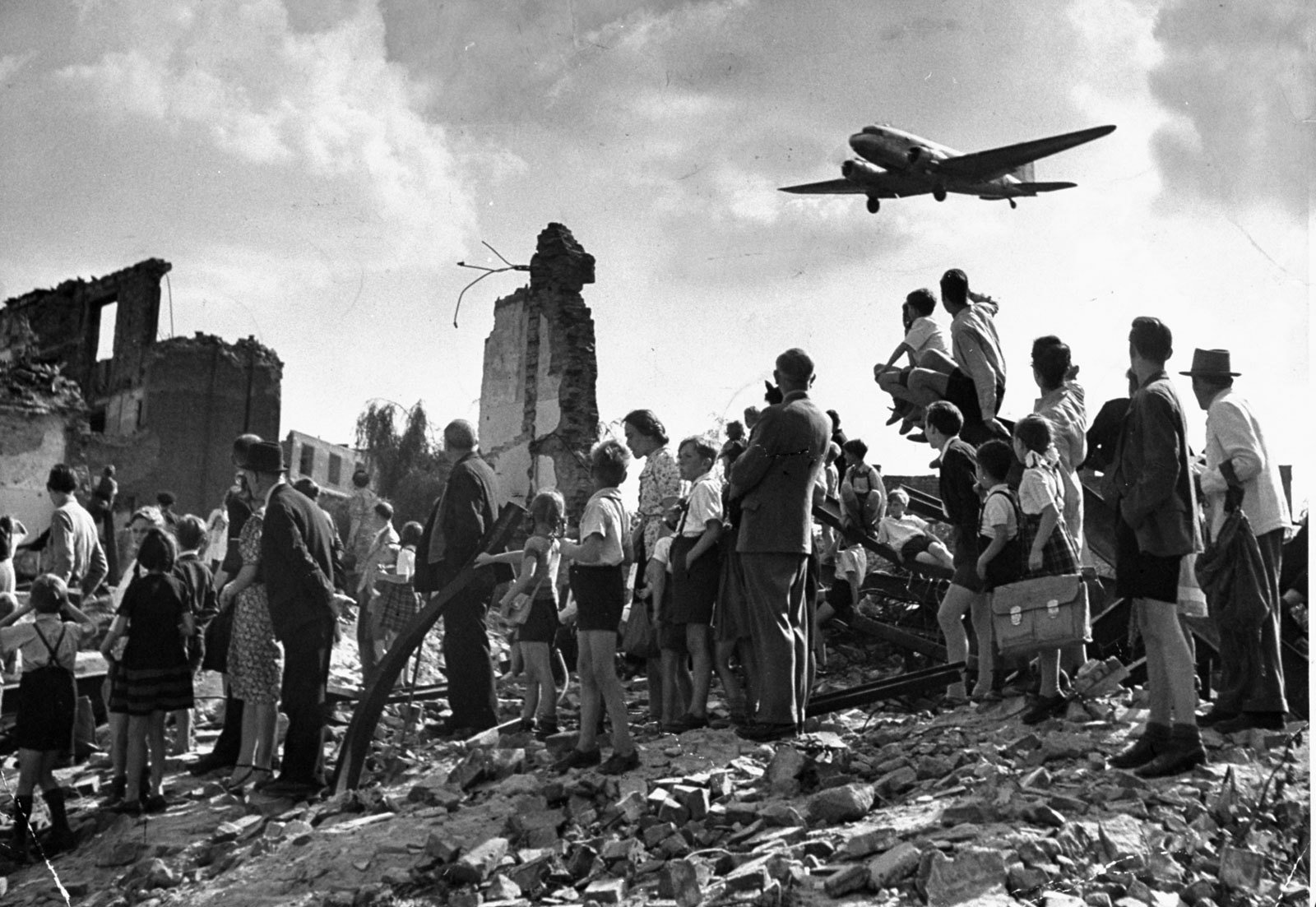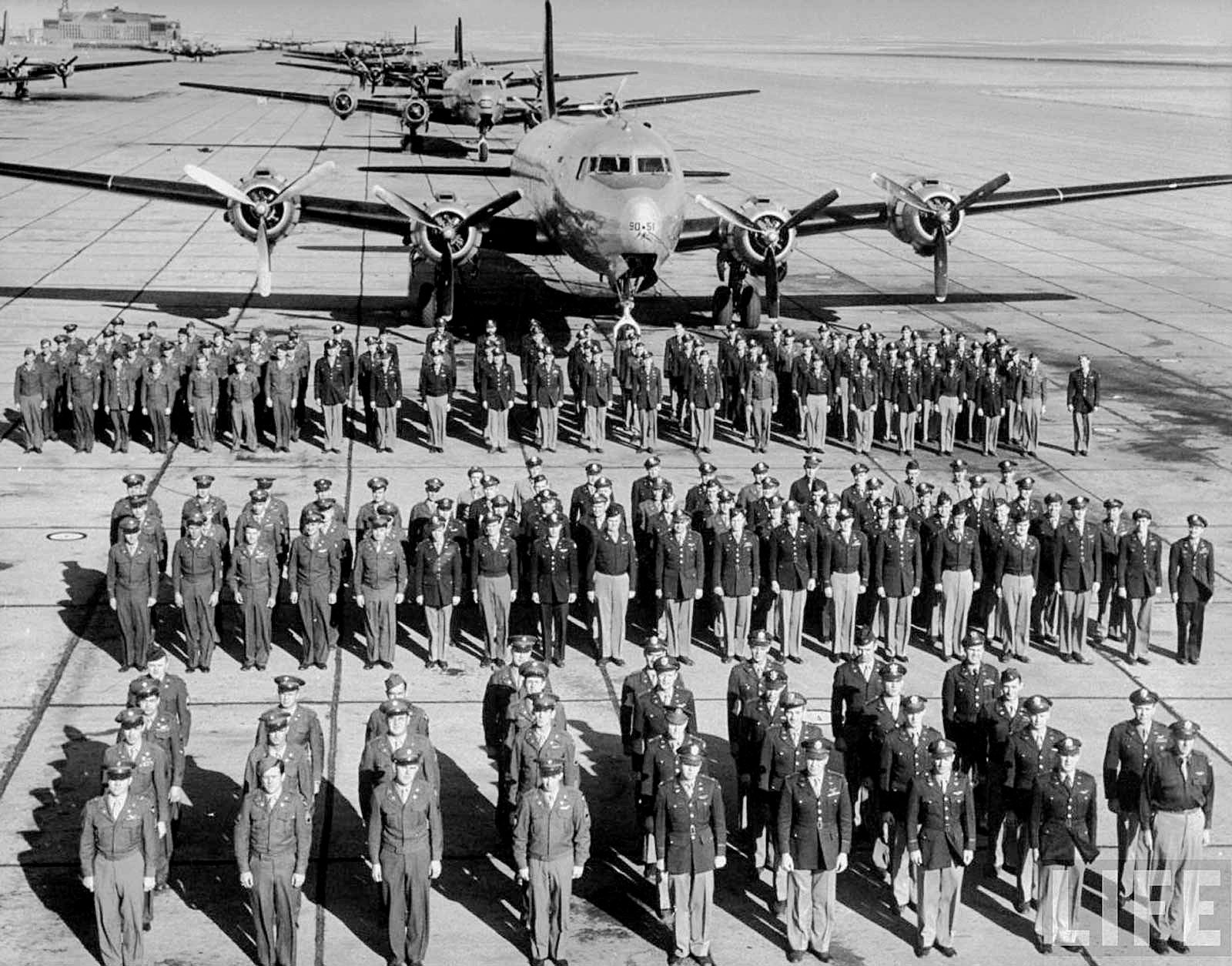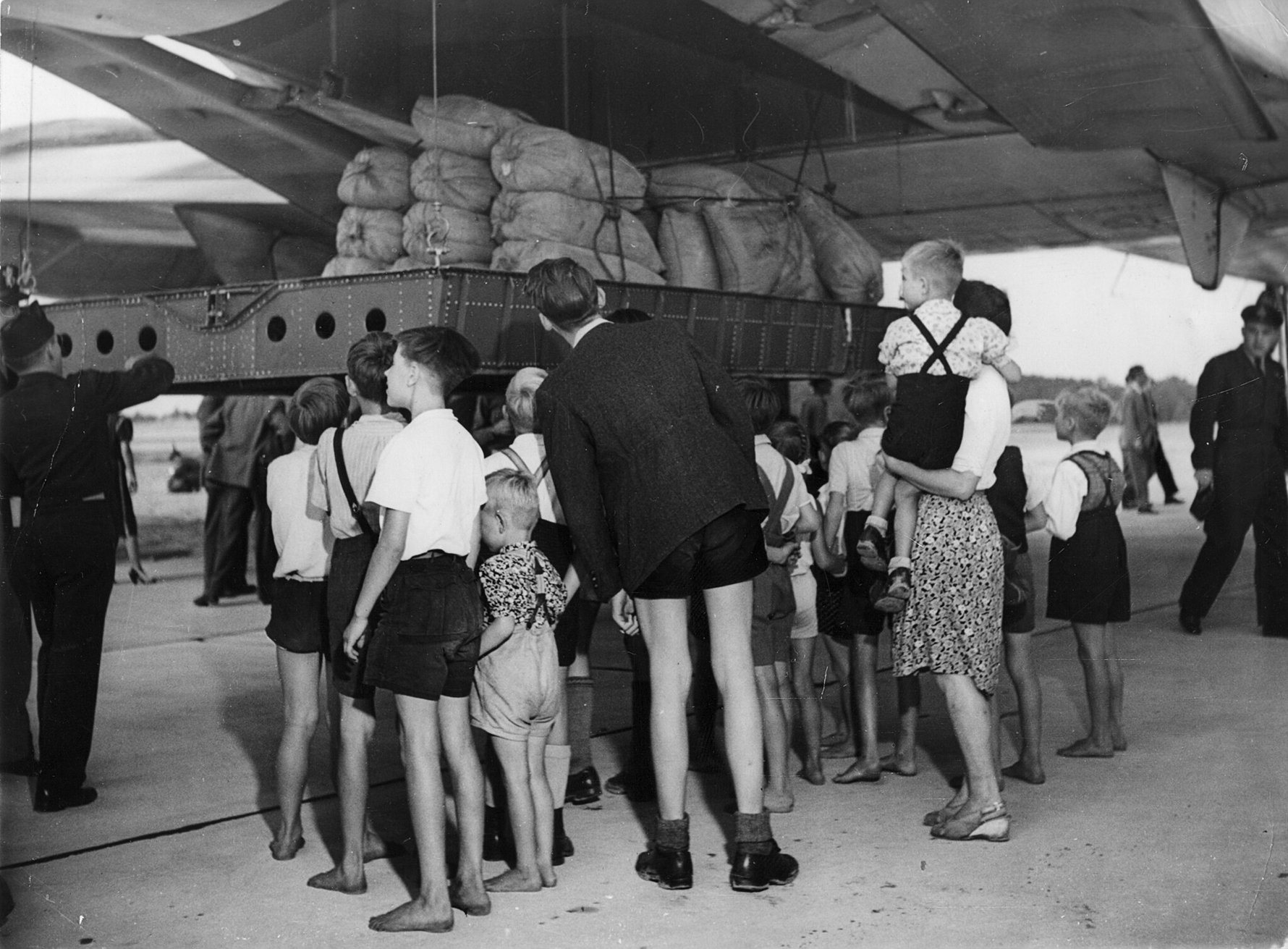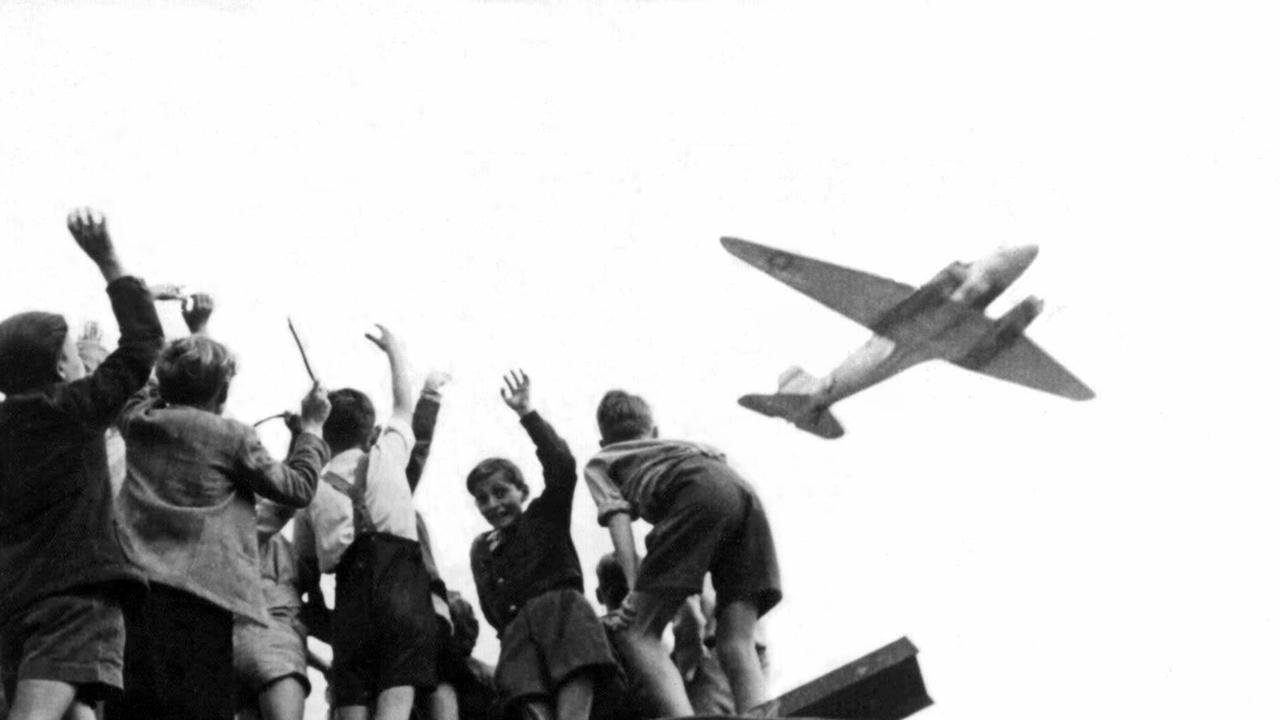
Introducing the Berlin Airlift
The Berlin Airlift has often been dubbed as one of the most audacious and daring humanitarian missions in history. Back in 1948, the Soviet Union imposed a blockade on West Berlin, cutting off its supplies of food, fuel, and other necessities. The consequence was that the city was facing a severe crisis, and its inhabitants were on the brink of starvation. In response, the United States and its allies launched the Berlin Airlift - an ambitious effort to airlift basic provisions into the city. Over the course of the next year, thousands of planes flew into Berlin, landing every few minutes, with pilots braving the odds to drop off food and other essentials. The operation was a resounding success, and it dealt a significant blow to the Soviet blockade efforts. The Berlin Airlift proved not only the ingenuity of the American people but also their commitment to human rights and freedom.What was the Berlin Blockade of 1948-1949 and how did it lead to the Airlift?
In June 1948, Soviet forces set up a blockade around West Berlin, cutting off all road, rail, and water access to the city. The aim was to force the Allies to abandon the city or to force them to lift the strict post-war regulations on Germany. However, this plan backfired and led to the Berlin Airlift, one of the greatest humanitarian efforts in history. Allied forces, led by the United States, began dropping food, fuel, and other supplies into the city by air, keeping the population of 2.5 million from starvation. The pilots and crews worked tirelessly, often flying over enemy airspace and facing difficult weather conditions. The blockade lasted for 11 months, until Stalin finally lifted it on May 12, 1949. The Berlin Airlift showed the determination and strength of the Allies and remains a symbol of hope and courage. It proved that even during the darkest times, we can come together and overcome adversity.
Who was involved in the efforts to support Berlin?
The efforts to support Berlin during the Cold War were nothing short of astounding. It took an army of brave people and extensive resources to keep this city afloat. The Allies, including the United States, the United Kingdom, and France, were integral in providing the necessary support. But it wasn't just the military that was involved; everyday civilians played a key role too. From pilots risking their lives to deliver supplies, to everyday people donating their time and resources, everyone came together to ensure the survival of the city. It was a remarkable feat that required innovation, courage, and determination. To this day, the efforts made in supporting Berlin serve as a testament to the power of human resilience and the importance of working together in times of crisis.Where did the relief supplies go during the Airlift effort?
During the Airlift effort, thousands of relief supplies were air-dropped to the people of Berlin. It was a heroic effort that helped countless individuals in need. But have you ever wondered where all those supplies went? Did they disappear into thin air? Rest assured, the supplies did not vanish into a puff of smoke. Rather, they were eagerly received by the grateful citizens of Berlin. People lined up to receive food, clothing, and medical supplies. It was a beautiful sight to see, as the generosity of nations came together to help their fellow humans in need. So, next time you hear about an airlift effort, remember that you too can be a part of something bigger than yourself by spreading love and kindness.
Was the Berlin Airlift Successful?
Let's dive deeper into the success of this fascinating project! First thing's first, we need to know how long this baby lasted. Was it a quick one-night stand or a long-term commitment? Well, I'll have you know that this project was no one-night stand, my friends. It lasted a good chunk of time and made quite an impact. Speaking of impact, let's move onto the outcomes. The results of this project were pretty impressive, if I do say so myself. There were some unforeseen obstacles, of course, but we tackled them head-on and came out even stronger. All in all, analyzing the success of this project has been quite the journey. But hey, it's all about the journey, right?Exploring different perspectives on the Berlin Airlift
The Berlin Airlift was indeed a historic event that played a significant role during the Cold War. Many people celebrate the pilots and crews as heroes who saved West Berlin from starving in the Soviet blockade. However, there are also those who question the motives behind the airlift. Some argue that it was a political tactic by the United States and its allies to gain global support against the Soviet Union. Regardless of what side you take, exploring different perspectives on the Berlin Airlift can be fascinating and thought-provoking. Maybe it's time to shed new light on a familiar event, and see what we can learn from it today.
Looking to the future: Reflections on this historical event today
As we turn our eyes towards the future, it's always important to remember the moments that have shaped us. Today, we stand on the shoulders of those who came before us during this historical event. Reflecting on their struggles and triumphs can be both educating and motivating. We can appreciate the progress that has been made, while also acknowledging the work that still needs to be done. However, let's not get too bogged down in the past. The future is waiting for us, full of possibilities and opportunities. So let's dream big, set our sights high and make history ourselves.To sum up, the Berlin Airlift was an immensely important event in the twentieth century and its legacy continues today. Facing impossible odds, the courageous efforts of people from numerous nations provided crucial relief aid to a struggling population. While it’s easy to think of this heroic moment as something distant in our collective history, there is much to be learned from the Airlift today. We must look closely at events like these and reflect on what we can do as global citizens to prevent similar injustices from occurring again. It is up to us to remember the heroes of those days and use their courage and strength for good in order to benefit our modern society. So move forward with new perspective – let’s celebrate the heroes of the past and carry on their achievements into our present world!





Comments